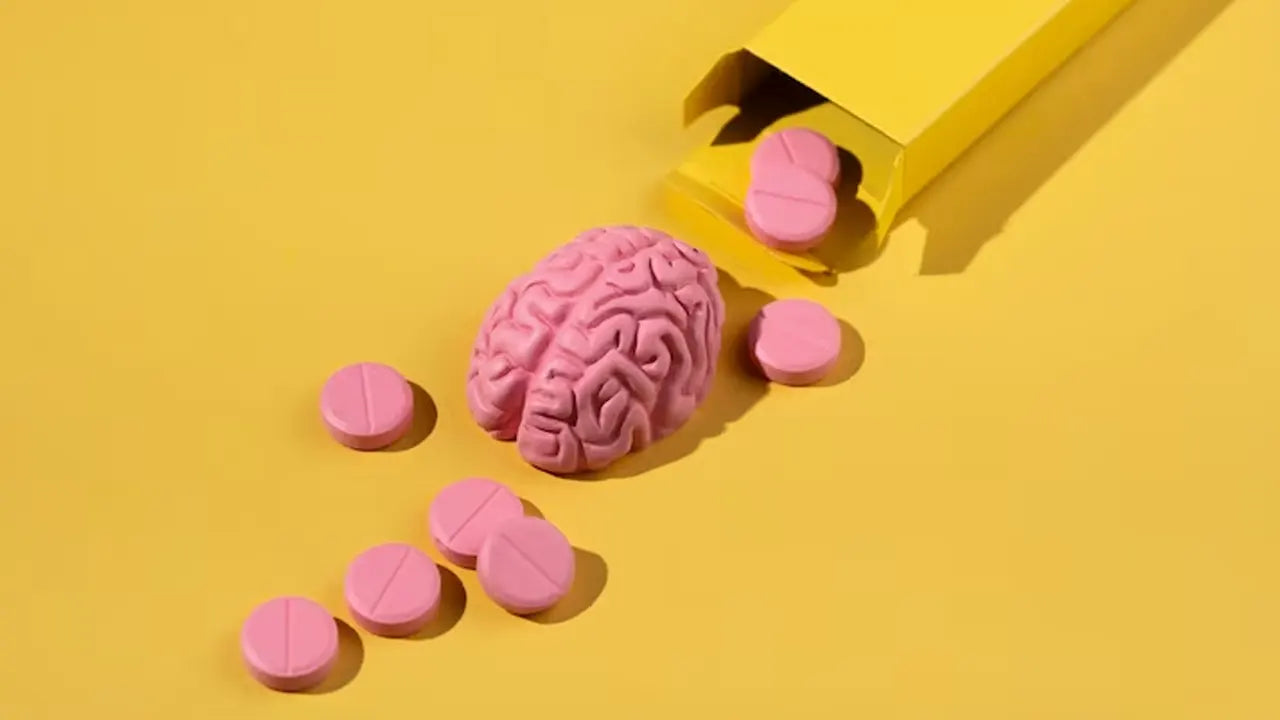In today's fast-paced world, everyone's looking for an edge. A way to improve cognitive performance, boost brain function, and simply get ahead. Enter the realm of nootropics, often dubbed "smart drugs." While these cognitive enhancers promise a world of benefits for brain health, many find themselves asking a pivotal question: "are nootropics safe?"
Are Nootropics Safe for All People?
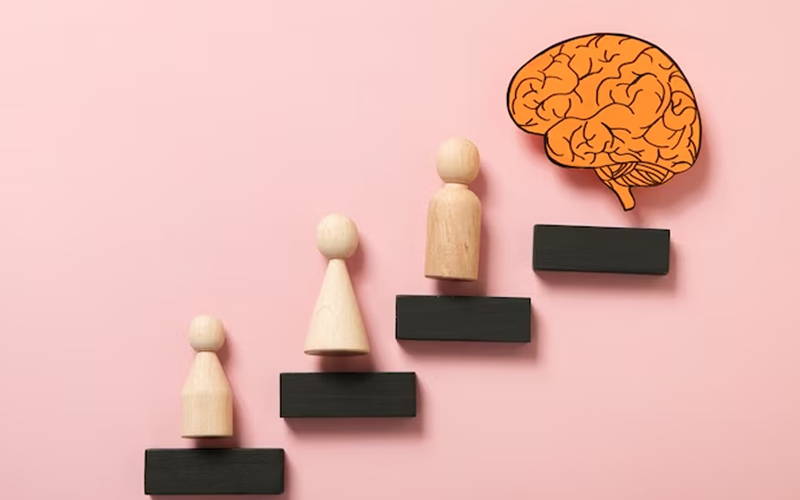
Individual Factors and Nootropic Safety
Consultation with Healthcare Professionals
Are Nootropics Safe Long-Term?
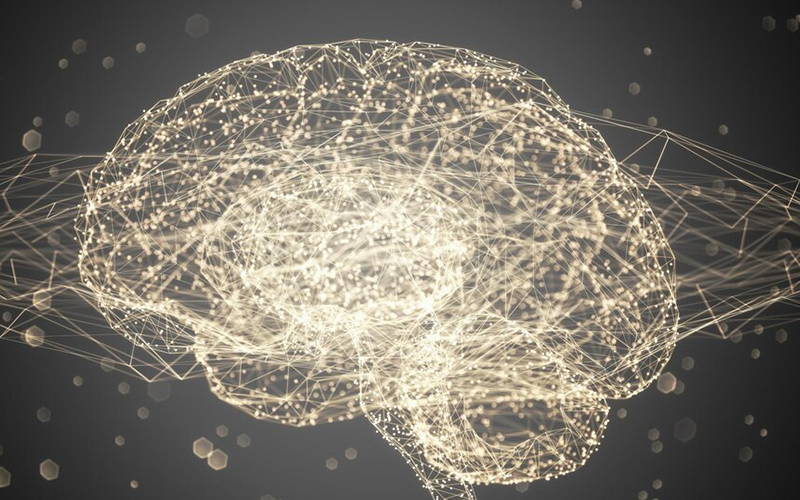
Long-Term Use and Potential Risks
Maintaining Nootropic Safety Over Time
Are Smart Drugs or Cognitive Enhancers Safe?
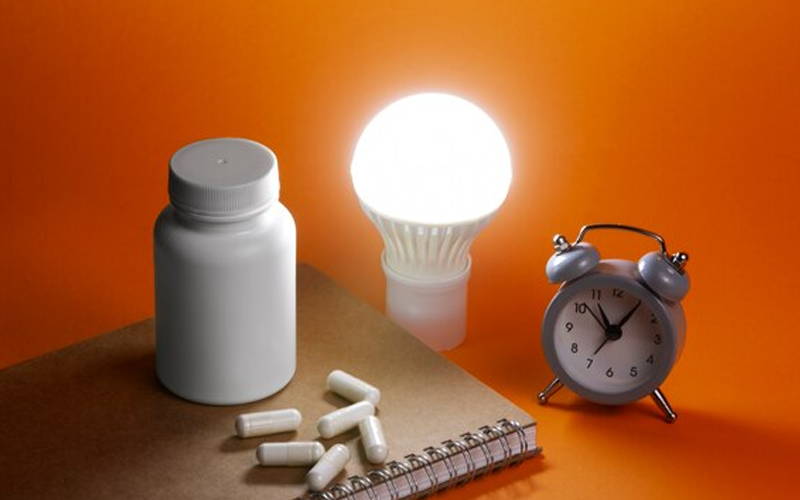
Responsible Use and Monitoring
Evaluating Safety Profiles of Cognitive Enhancing Substances
Are Nootropics (Smart Drugs) Safe for Teens?
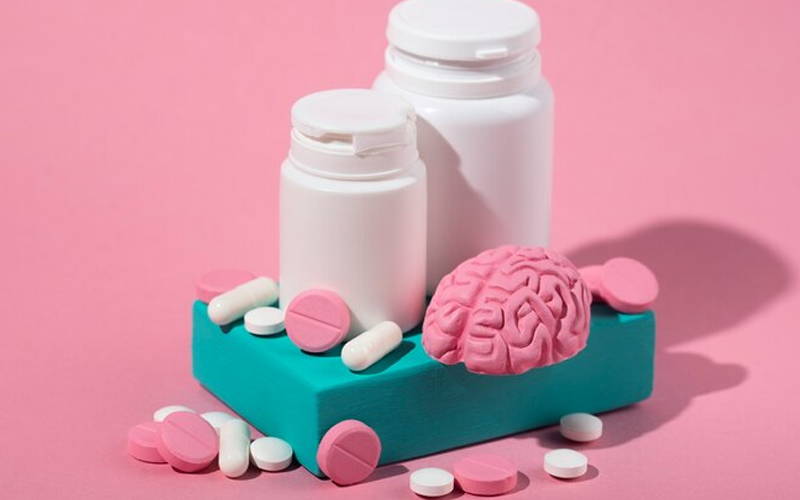
Special Considerations for Adolescent Use
Parental Guidance and Nootropic Safety
What Are the Side Effects of Nootropics?
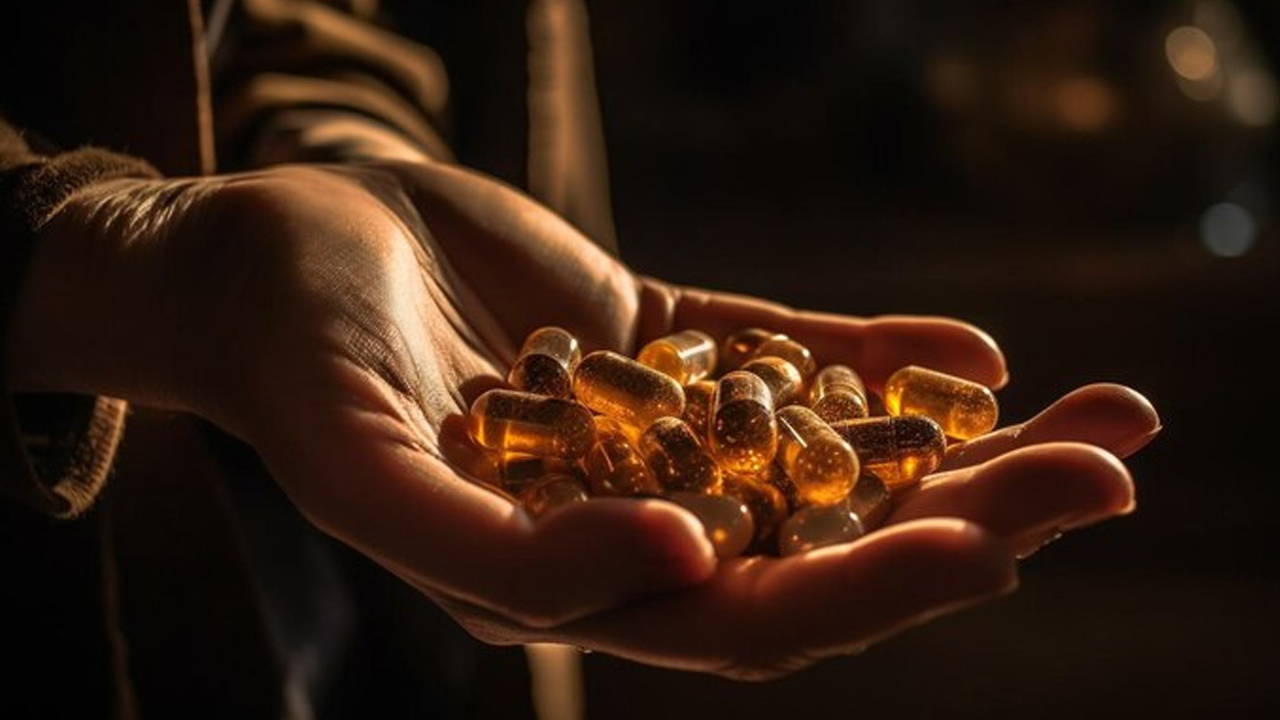
Common Nootropic Side Effects
Managing and Minimizing Adverse Reactions
Summary
Frequently Asked Questions
Is it bad to take nootropics every day?
Are nootropics safe to take?
What is the dark side of nootropics?
Is it advisable to consume nootropics on a daily basis?

